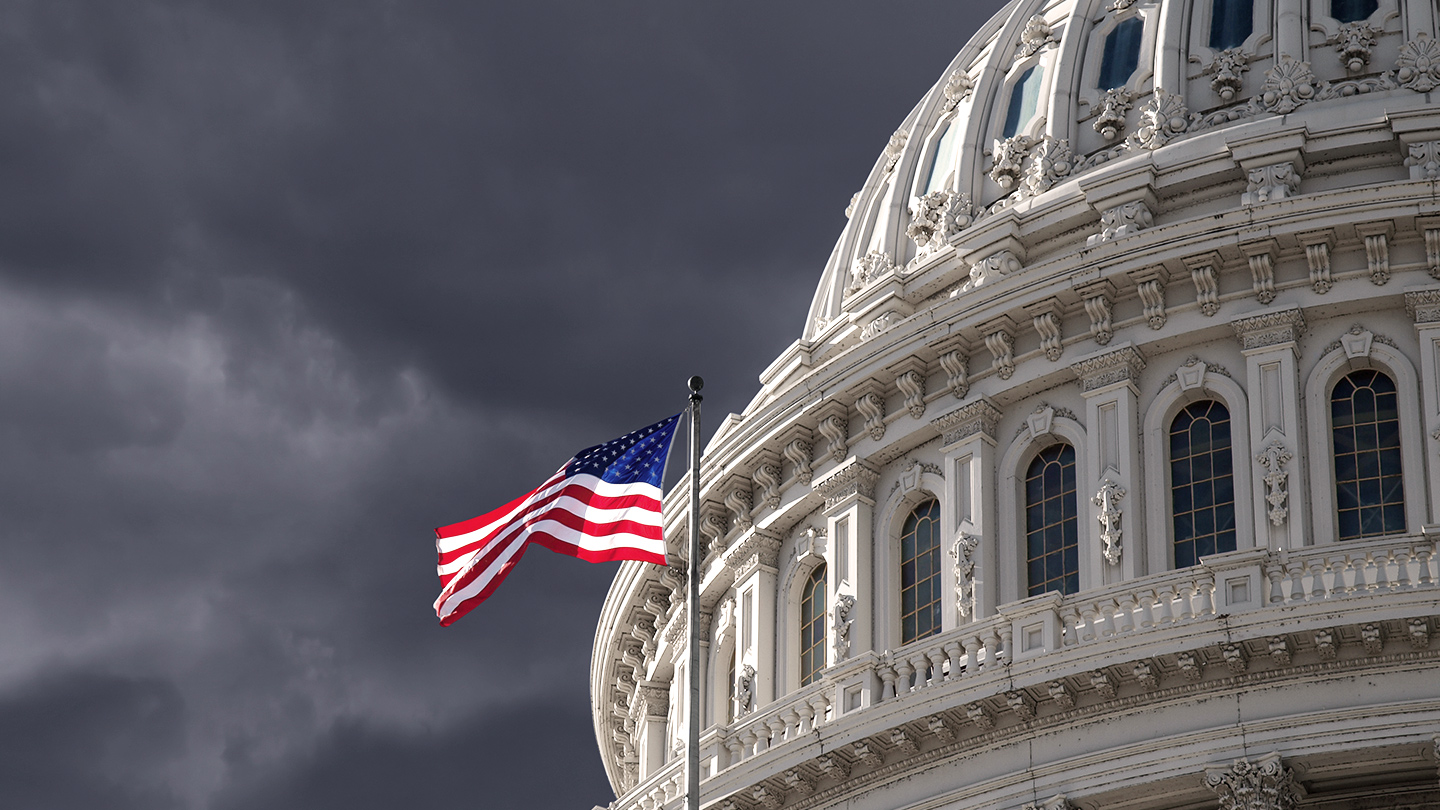
Key takeaways
- Financing the acquisition, conversion and operation of a hotel on Manhattan’s Lower East Side into a 120-bed safe haven and medical clinic required collaboration across JPMorgan Chase.
- Community Development Banking worked with the firm’s Public Finance Housing and Public Finance Debt Capital Markets teams to design a financing solution for the safe haven.
- The effort benefitted all groups involved and could provide a template for future projects.
JPMorgan Chase offers expansive financing solutions. And when the firm doesn’t have a single solution to meet its clients’ needs, it creates one.
Care For the Homeless, a non-profit operator of homeless shelters and provider of healthcare services for the homeless, sought to finance the acquisition, conversion and operation of a hotel on Manhattan’s Lower East Side into a 120-bed safe haven and Federally Qualified Health Center.
When Rockabill, the affordable and transitional housing consultant working with Care For the Homeless, called Sharmi Sobhan, Managing Director of Community Development Banking, she knew that her team didn’t have a specific product for this transaction. But since the firm didn’t have an off-the-shelf solution to support the financing needs, Community Development Banking saw the request as a chance to think outside the box.
“Care For the Homeless was lucky to work with a first-rate team from JPMorgan Chase to achieve long-term financing of our safe haven and Federally Qualified Health Center at 91 East Broadway,” said George Nashak, President and CEO of Care For the Homeless. “This program will create a pathway for unsheltered New Yorkers to come in off the streets. Our clients will receive residential and social services and high-quality health care, which in combination will lead them into permanent housing. This is an outstanding example of a public-private partnership promoting social justice and reducing disparities in health care and housing access for New York City’s most vulnerable citizens. The JPMorgan Chase team was integral in making this happen, and we are deeply appreciative that they were our partners.”
Bringing together teams across the firm
Sobhan worked closely with Gloria Boyd, Vice President of Public Finance Housing, and Annie Marinaro, Executive Director of Public Finance Debt Capital Markets, to facilitate a $40.6 million loan to the development.
“The Public Finance Housing group and Community Development Banking team both provide access to capital to fund the construction, rehabilitation and preservation of affordable housing across the country,” Boyd said. “While the two teams traditionally serve different client bases, we have continuously looked for opportunities to leverage each other’s expertise in the sector to expand the types of financing available to our clients.”
Sobhan and Boyd worked with Marinaro to design a solution to provide construction and permanent loans for these shelters, expand the buyers for these transactions, and provide access to an additional debt product for the firm’s growing ESG-motivated investor base.
“It was great to offer Community Development Banking clients access to capital markets solutions,” Marinaro said. “The private placement provided a cost-effective and structurally advantageous solution for long-term financing.”
While the structure of the deal was unique for JPMorgan Chase, Community Development Banking is no stranger to these types of conversions. The group recently worked with affordable housing non-profit Breaking Ground and the City of New York to convert a former Jehovah’s Witness hotel in Brooklyn, New York into a 491-unit affordable and supportive housing complex, with 305 units reserved for the formerly homeless.
Overcoming challenges
While this new collaboration carried its benefits, the unique nature presented several challenges.
“Aligning the timing of finalizing the contract with New York City’s Department of Homeless Services (DHS)—including the expected debt service on the loan, real estate-related business decisions and ideal timing to lock the interest rate on the transaction—was particularly tricky given the extreme volatility and dramatic uptick in interest rates,” Boyd said.
The $40.6 million Credit Tenant Lease transaction was structured with a 30-year loan term and priced to the loan’s average life of roughly 20 years. With help from the firm’s U.K. sales team, a U.K.-based investor purchased the loan. Debt service payments are secured by annual appropriation payments made under the city’s contract with Care For the Homeless. The interest rate reflects existing market conditions, the counterparty’s financial strength, and the property’s social benefit.
“There’s a reason Rockabill continues to rely on the JPMorgan Chase Community Development team to help our nonprofit clients achieve their housing and shelter development goals: they’re great partners,” said Katie Devine, Principal at Rockabill. “It’s no surprise that in a volatile interest rate environment, and on a project with a particularly high level of complexity, Sharmi and her team were able to think outside the box and work with us to create an efficient financing execution for Care For the Homeless.”
“The loan features a one-year rehabilitation/conversion period, after which it will amortize over 30 years. The non-profit’s repayment of the loan is secured by the contract with DHS, which has committed to provide the funding necessary to meet the organization’s debt service and operating expenses for the term of the loan,” Boyd said. “The interest rate on the loan was quoted as a spread to the underlying treasury maturity that reflected the average life of the loan.”
The collaboration paired Community Development Banking’s expertise and internal referral with access to long-term permanent financing from municipal investors. It also gave the Public Finance Housing group access to developer clients who sought long-term financing under New York City’s HOME-STAT program, which allows DHS to fund the establishment of new shelters.
“It’s exciting to see how this unique arrangement brought new investors into the shelter financing space,” said Sobhan. “We all know that housing and shelter—with access to essential services—are in critical need across the states. Creating competition and pricing pressure could reduce the cost of producing shelters in the future.”
A template for cross-firm collaboration
The transaction offers a pathway for continued collaboration across the firm.
“We endeavor to place the bonds with investors who appreciate the social impact of the project, and are also familiar with municipal credit exposures,” Marinaro said. “We hope to continue growing Public Finance’s relationship with Community Development Banking. There are a lot of ways we can collaborate to provide innovative solutions for their clients while providing a path for private investment to support communities.”
“As a New York City resident, I am particularly proud of this initiative,” Marinaro said. “Access to safe and stable housing will positively impact the health and well-being of this underserved population and strengthens the resiliency of our entire community. It’s at the core of what we do and who we are.”
This article is part of an ongoing series written by Commercial Observer and published by JPMorgan Chase.







